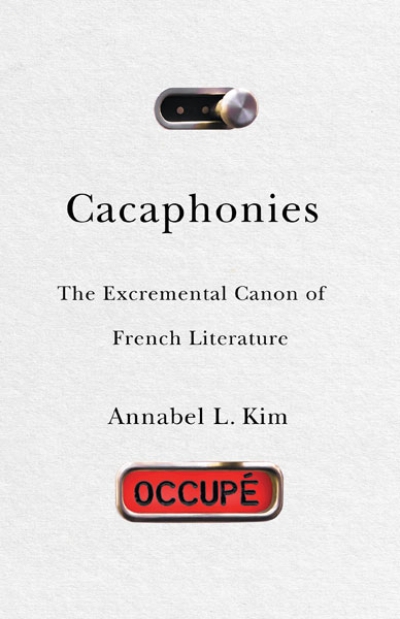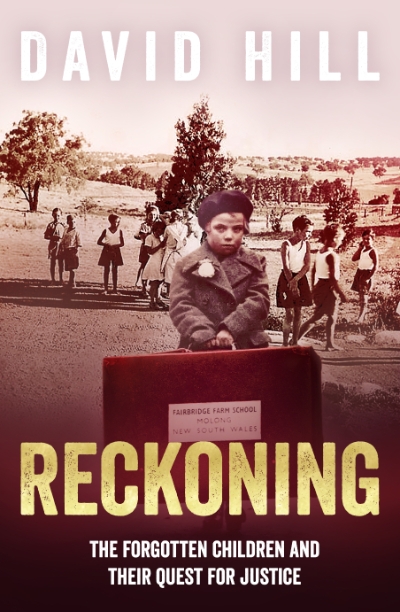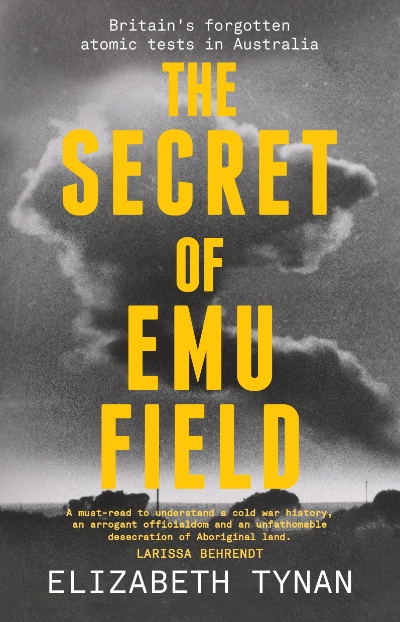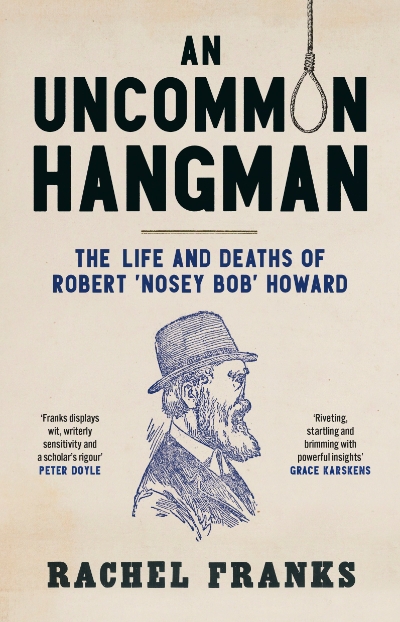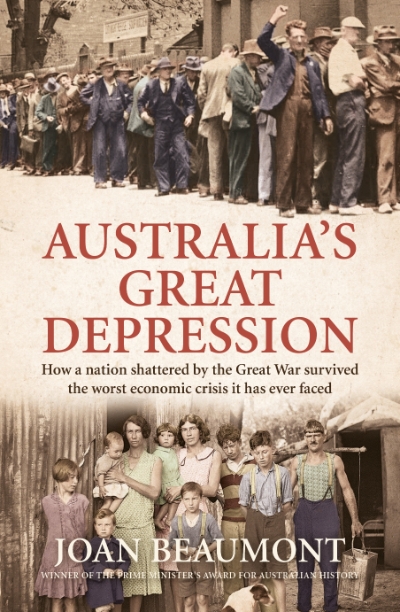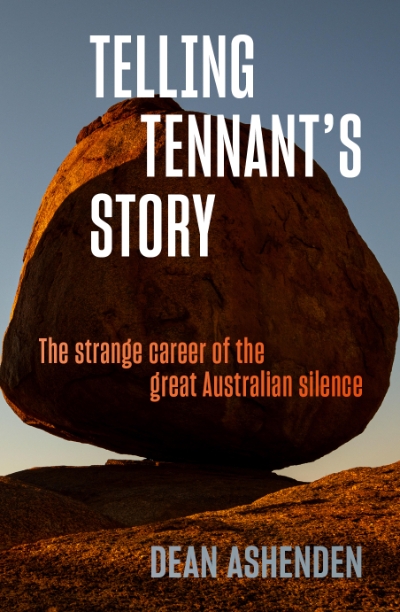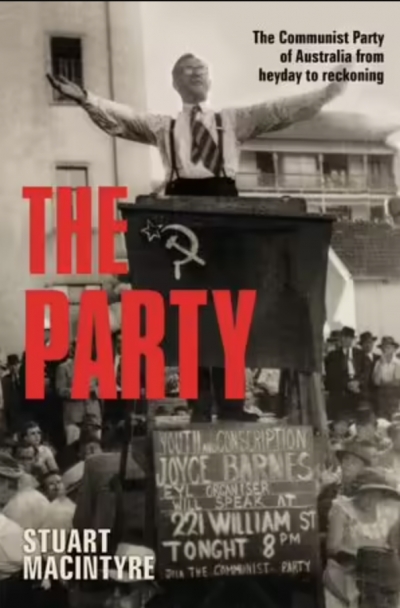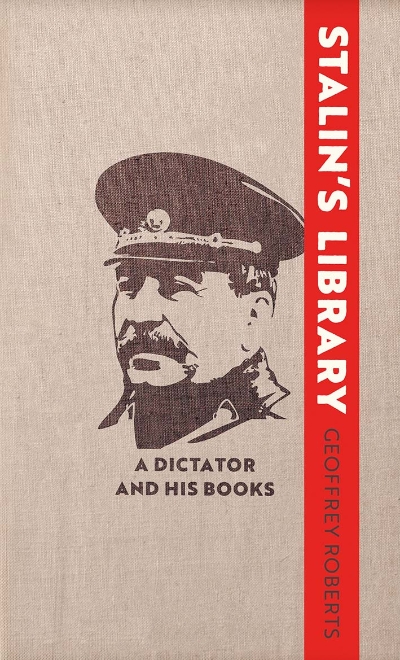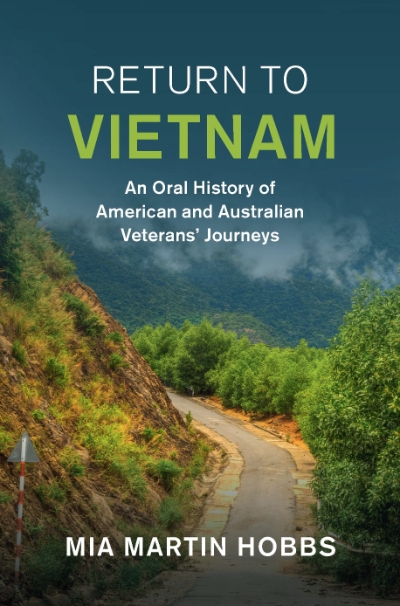History
When I was launching my book Atomic Thunder: The Maralinga story in 2016, one of the guests put it to me that the name Maralinga should be just as recognisable in Australian society as Gallipoli. This comment suggested that the British tests had a broader meaning that spoke to a national mythology and were not just interesting historical events.
... (read more)Cacaphonies: The excremental canon of French literature by Annabel L. Kim
Freud once argued that the pleasure of shit is the first thing we learn to renounce on the way to becoming civilised. For Freud, the true universalising substance was soap; for Annabel L. Kim it is shit; and French literature is ‘full of shit’, both literally and figuratively, from Rabelais’s ‘excremental masterpieces’ Pantagruel and Gargantua and the Marquis de Sade’s The 120 Days of Sodom through the latent faecality of the nineteenth-century realists to the canonical writers of French modernity.
... (read more)Reckoning: The forgotten children and their quest for justice by David Hill
In 1959, David Hill, aged twelve, left England and sailed on the Strathaird to Australia with two of his three brothers. Like thousands of children before them the Hill boys were bound for a Fairbridge farm school. Like thousands of children before them, they had come from a poor background, with a struggling single mother who believed that Fairbridge would give her boys a better education and greater opportunities in life than she possibly could.
... (read more)The Secret of Emu Field: Britain’s forgotten atomic tests in Australia by Elizabeth Tynan
In 1953, the British government conducted the Totem nuclear weaponry tests at Emu Field in South Australia. It was an inhospitable environment for non-Indigenous visitors. One London-based administrator called for the Australian military to remove all flies from the site. These tests earned part of a chapter in Elizabeth Tynan’s award-winning Atomic Thunder: The Maralinga story (reviewed by Danielle Clode in the March 2017 issue of ABR). Now Tynan has expanded the Totem story into a book that purports to uncover the secrets of what happened there and why.
... (read more)An Uncommon Hangman: The life and deaths of Robert "Nosey Bob" Howard by Rachel Franks
When the offer came to review this book, I accepted enthusiastically, and unthinkingly added, ‘That sounds fun!’. Upon reflection, I deleted that last sentence: what would it say about me, I wondered, that I should expect the account of a hangman and his work to be entertaining? I thought better of the sentence, but the anticipation remained.
... (read more)Australia’s Great Depression: How a nation shattered by the Great War survived the worst economic crisis it has ever faced by Joan Beaumont
In 2007, on the seventy-fifth anniversary of the Great Ocean Road, a bronze statue was unveiled at Eastern View, near Torquay. The statue, titled ‘The Diggers’, depicts two pick-wielding mates, one handing the other a drink. In name and form, the statue memorialises both the World War I Anzacs the road was built to honour and the repatriated soldiers who began constructing it in 1919. But the statue tells only half the story. As the anniversary date indicates, the Great Ocean Road was completed in 1932, at the height of the Great Depression. It provided work not only for returned servicemen, but also for thousands of unemployed a decade later. Many probably worked under both circumstances.
... (read more)Telling Tennant’s Story: The strange career of the great Australian silence by Dean Ashenden
In Telling Tennant’s Story, Dean Ashenden gives a lucid, succinct, eminently readable account of the reasons why Australia as a nation continues to struggle with how to acknowledge and move beyond its past. Travelling north to visit Tennant Creek for the first time since leaving it as a boy in 1955, Ashenden is provoked to question the absence of shared histories on the monuments and tourist information boards along the route. Mostly, the signs record pioneer history, from which the Indigenous people are absent. When the Indigenous story is invoked, it records traditional practices and does not mention white people. ‘How did they get from then to now?’ he muses. ‘Just don’t mention the war.’
... (read more)The Party: The Communist Party of Australia from heyday to reckoning by Stuart Macintyre
Stuart Macintyre was in a league of his own as a historian of communism. That’s not just a comment on his status as a historian of the Communist Party of Australia, whose first volume, The Reds (1999), took the party from its origins in 1920 to brief illegality at the beginning of World War II, and whose second, The Party, covering the period from the 1940s to the end of the 1960s, now appears posthumously. It applies equally to his stature in the international field of the history of communism. There are plenty of Cold War histories of the communist movement, written from outside in severely judgemental mode. There are also laudatory histories, written from within. But when The Reds appeared, it was, to my knowledge, the first history of a communist party anywhere that succeeded in normalising it as a historical topic, that is, writing neither in a spirit of accusation or exculpation but with critical detachment and scrupulous regard for evidence and its contradictions.
... (read more)The books we read and collect can provide telling insight into our lives. Indeed, bookshelves often draw the immediate attention of our guests, who seek to discern clues about us from the titles that we have accumulated. With Stalin’s Library: A dictator and his books, Geoffrey Roberts takes on the role of a curious visitor perusing the impressive library of Joseph Stalin (1878–1953), who, as head of the Soviet Union, amassed a collection of some 25,000 items. Conceptualised as a biography and intellectual portrait, Stalin’s Library joins a crowded field of works aimed at cracking the Stalin enigma. Setting this latest biography apart is its focus on Stalin’s personal library as a basis for constructing a ‘picture of the reading life of the twentieth century’s most self-consciously intellectual dictator’.
... (read more)Return to Vietnam: An oral history of American and Australian veterans’ journeys by Mia Martin Hobbs
Australia’s Vietnam War has passed through several phases in the last six decades. In the mid-1960s the commitment of combat forces by the Menzies and Holt governments was strongly supported. The war and the associated conscription scheme became the focus of enormous controversy in the late 1960s and early 1970s, contributing to Labor’s electoral success in 1972. Gough Whitlam did not pull out the troops – that had already been done by his predecessor, William McMahon – but he did recognise the communist government in the north, even before the war was over.
... (read more)

